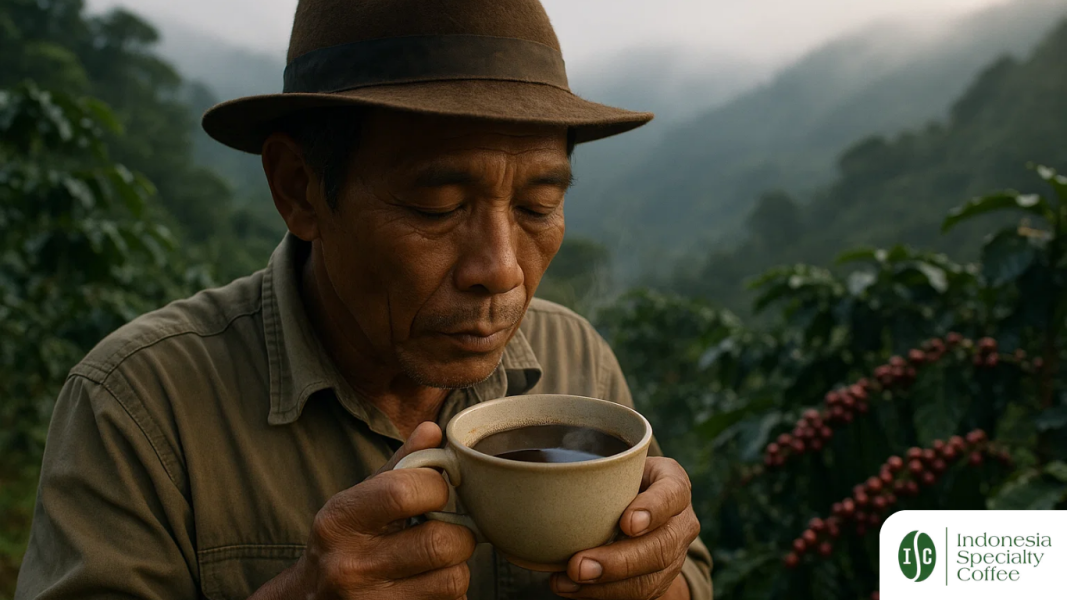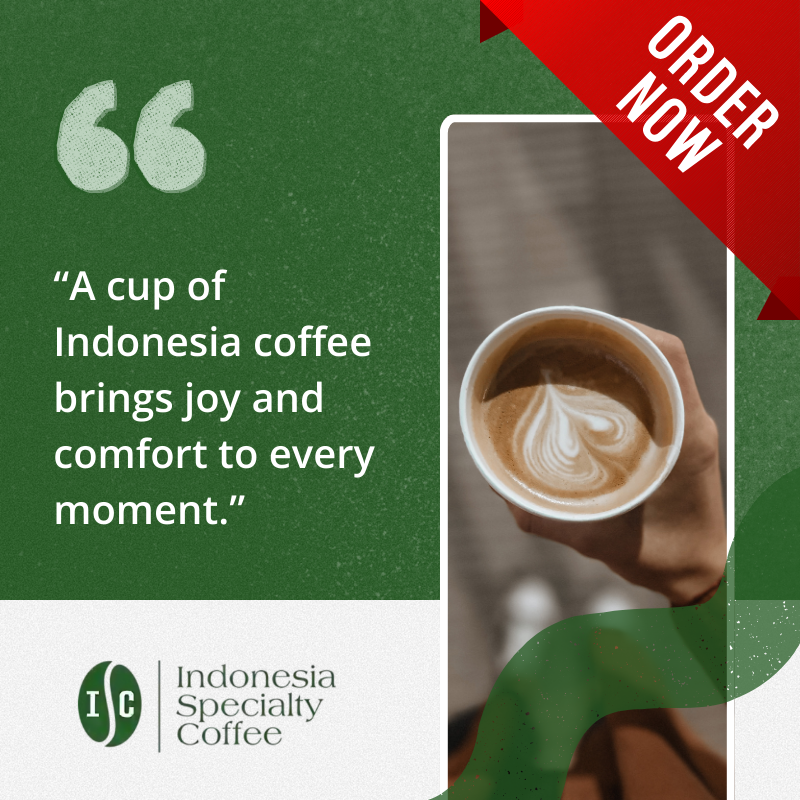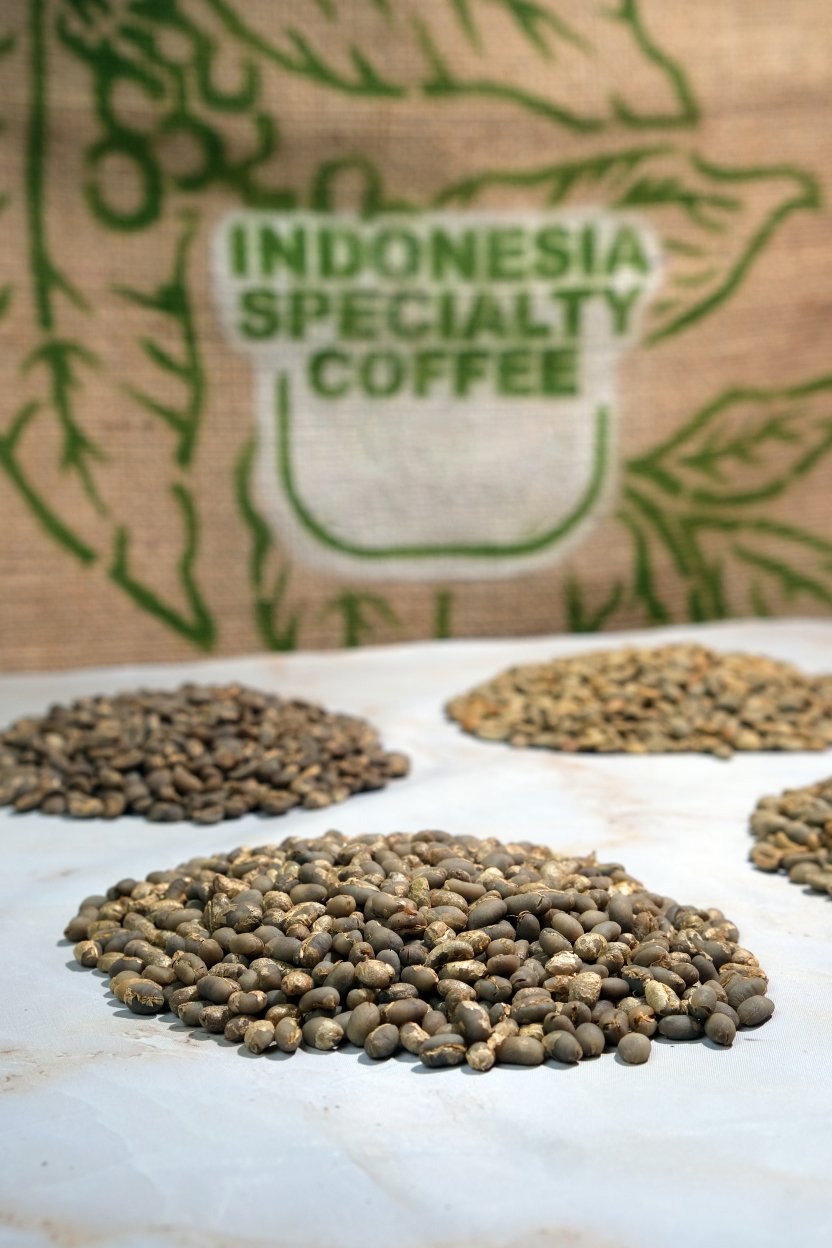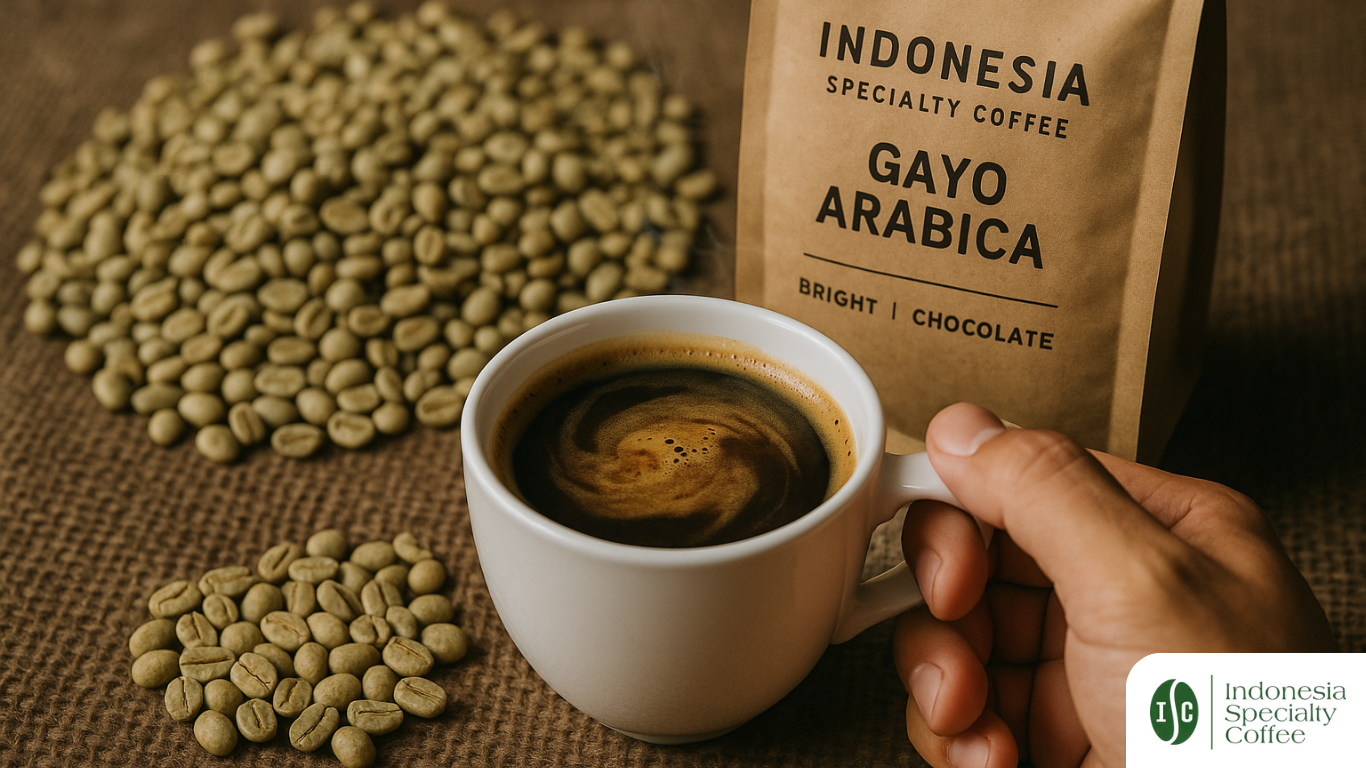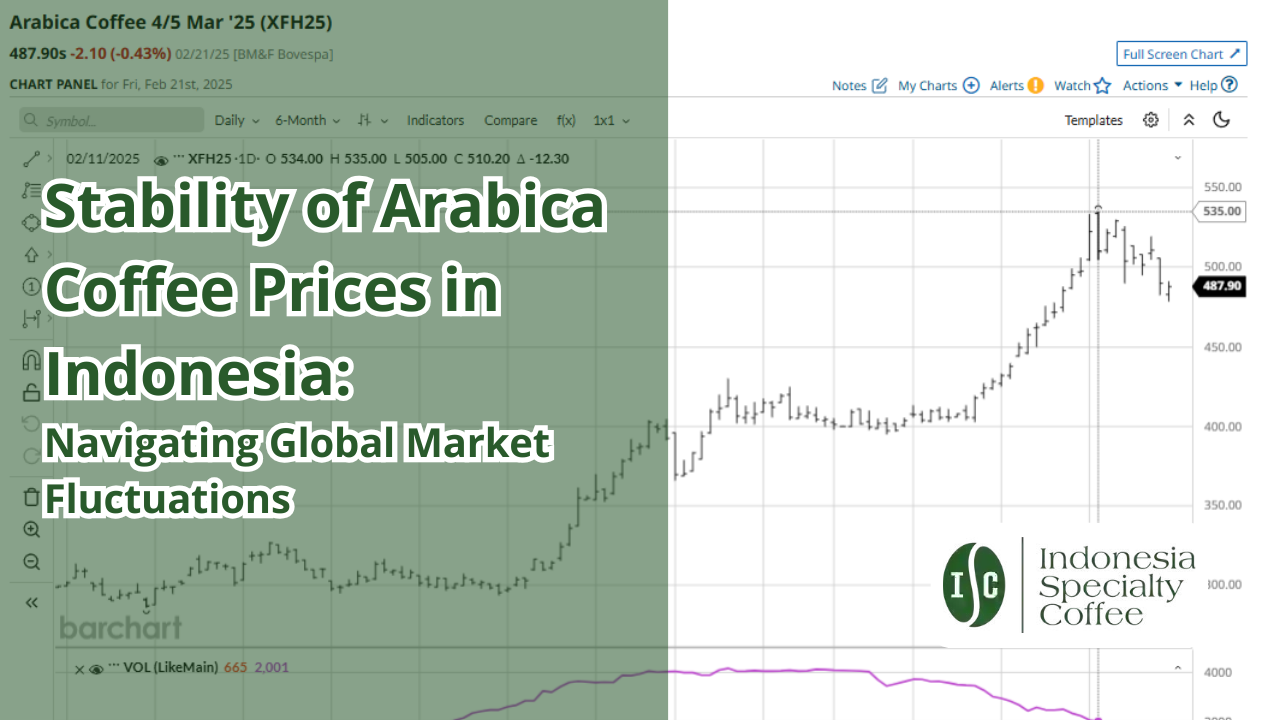Discover Why This Hidden Gem From South Sulawesi Deserves a Spot in Your Cup
Seko Arabica Coffee is more than just a regional varietal—it’s a rising star in Indonesia’s specialty coffee movement. It was a misty morning in the Latimojong mountains of South Sulawesi when a local farmer cupped his hands around a freshly brewed batch of his own Seko Arabica beans. The aroma—honeyed, floral, with whispers of brown sugar—lingered like a secret worth sharing. For generations, these beans had been grown quietly in the highlands. But now, with the rise of specialty coffee and Indonesia’s booming craft scene, Seko is ready to claim its place among the world’s most sought-after coffees.
Seko Arabica isn’t just another regional varietal. It’s a flavor story born from altitude, tradition, and newly introduced specialty processing. And according to recent research published in the IOP Conference Series on Earth and Environmental Science, it’s got the potential to reshape how Indonesia is perceived in the global coffee market.
What Makes Seko Arabica Coffee So Special?
A New Star in Indonesia’s Specialty Coffee Galaxy
Indonesia already boasts world-renowned origins—Gayo, Torajay Mandheling among them. But Seko coffee from North Luwu stands out for its unique combination of terroir and emerging post-harvest practices.
Why it matters:
- Grown at elevations between 1,113–1,485 meters above sea level.
- Cultivated in a cool, misty microclimate ideal for Arabica beans.
- Undergoes both traditional and SCA-compliant specialty processing.
With processing methods refined to Specialty Coffee Association of America (SCAA) standards, Seko coffee has achieved cup scores as high as 85.38, categorizing it as “premium grade” specialty coffee.
The Science Behind Seko Arabica Coffee’s Specialty Status
Physical Quality That Speaks Volumes
According to the 2024 IOP study, beans processed using standard specialty protocols had:
- No live insect damage
- Water content of 8.4% (ideal for longevity)
- Defect value of 6.1 (well below the specialty threshold)
By comparison, traditionally processed beans had a defect value of 145.5—rendering them unfit for specialty status despite the same origin.
Seko Arabica Coffee Flavor Profile: What Makes It Unique?
The flavor profile of Seko Arabica Coffee processed with specialty standards offers an exceptional balance of sweetness, acidity, and floral notes.
Standard processing (SS) delivered notes of:
- Brown sugar
- Caramel
- Flowery undertones
Traditional processing (NS) brought out:
- Herbal spice
- Slight caramel tones
- Lower balance and aftertaste scores
Yet both versions exceeded the specialty cup score minimum of 80, proving that the origin has undeniable potential—it just needs the right touch.
For a deeper dive into how post-harvest methods shape flavor, read this guide on specialty coffee processing.
Why Seko Coffee Matters to Indonesia—and the World
Aligning With the Rise of Indonesia’s Specialty Coffee Movement
Indonesia is the fourth-largest coffee producer globally, yet much of its export value still leans on commodity-grade beans. Studies like this one spotlight the untapped premium potential in overlooked regions.
Want to explore more on the Indonesian coffee boom? Don’t miss:
From Farm to Fame: What Needs to Happen Next?
The Missing Link? Post-Harvest Consistency
Even though Seko beans showed impressive results, many farmers still use inconsistent natural processing methods. Without proper fermentation, drying, and cherry selection, the final cup can’t consistently reach specialty status.
The solution?
- Training in wet (washed) processing techniques.
- Adoption of grading standards like SNI 01-2907-2008.
- Access to local cupping labs for feedback.
Final Sip: Is Seko Coffee the Next Gayo?
Seko Arabica has the altitude, the flavor profile, and now—thanks to this study—the scientific backing to step into the specialty spotlight. But like every great cup, it needs balance: between tradition and innovation, between farmer knowledge and market standards.
Seko Arabica Coffee deserves a place alongside Gayo and Toraja as a premium Indonesian export.
So here’s the big question:
Will Seko coffee stay a hidden treasure, or will it become Indonesia’s next specialty export hero?
If you’re a roaster, café owner, or just a curious sipper—maybe it’s time you gave Seko Arabica a taste.

